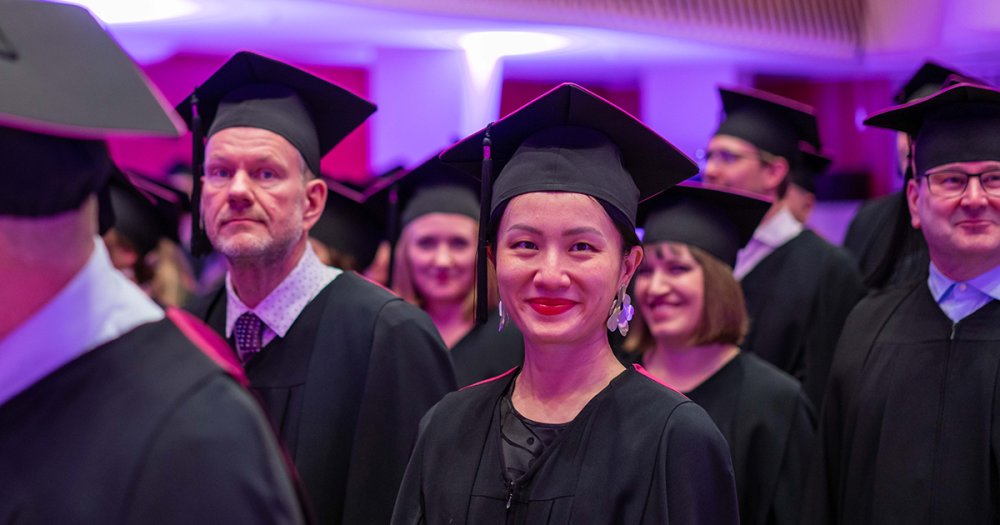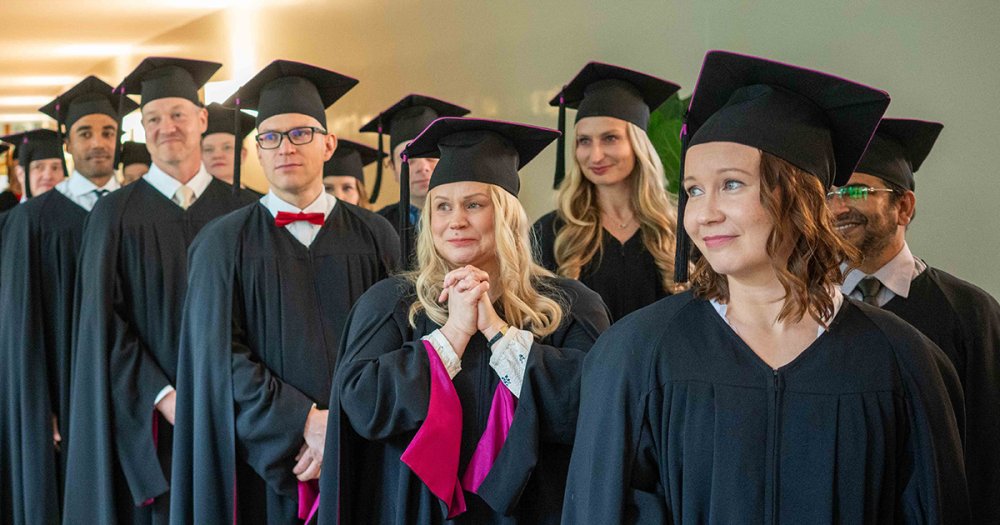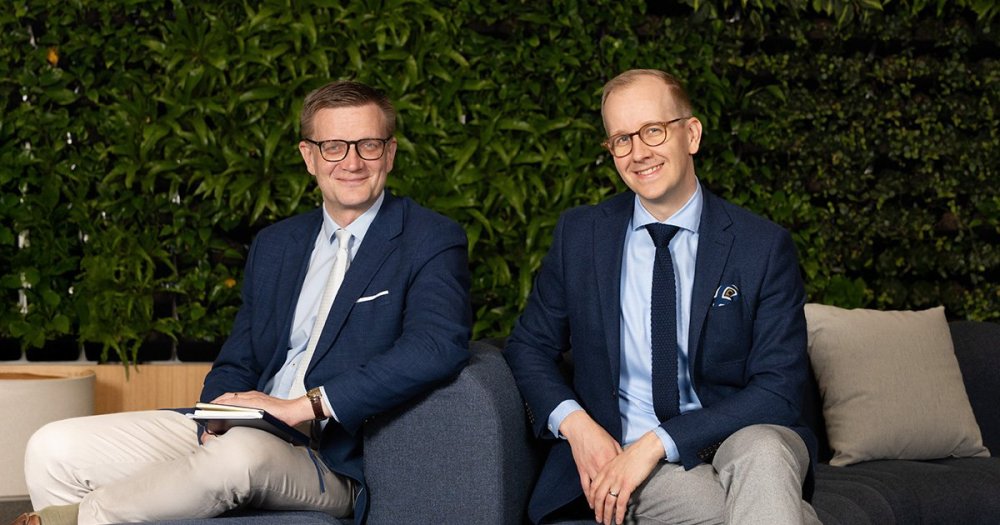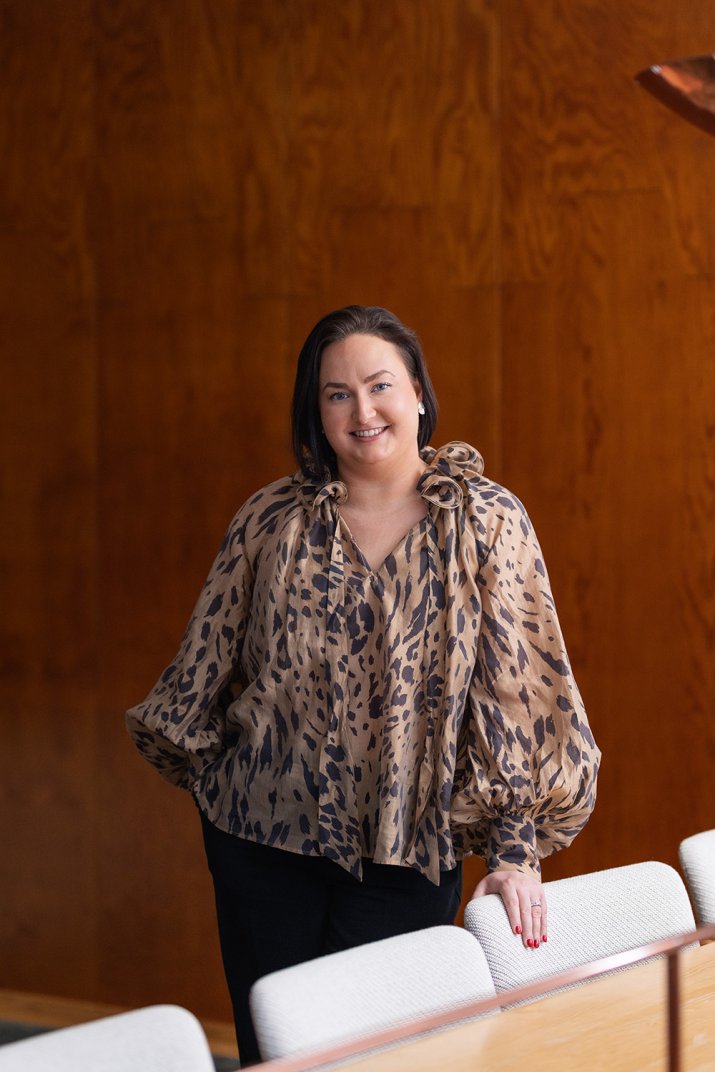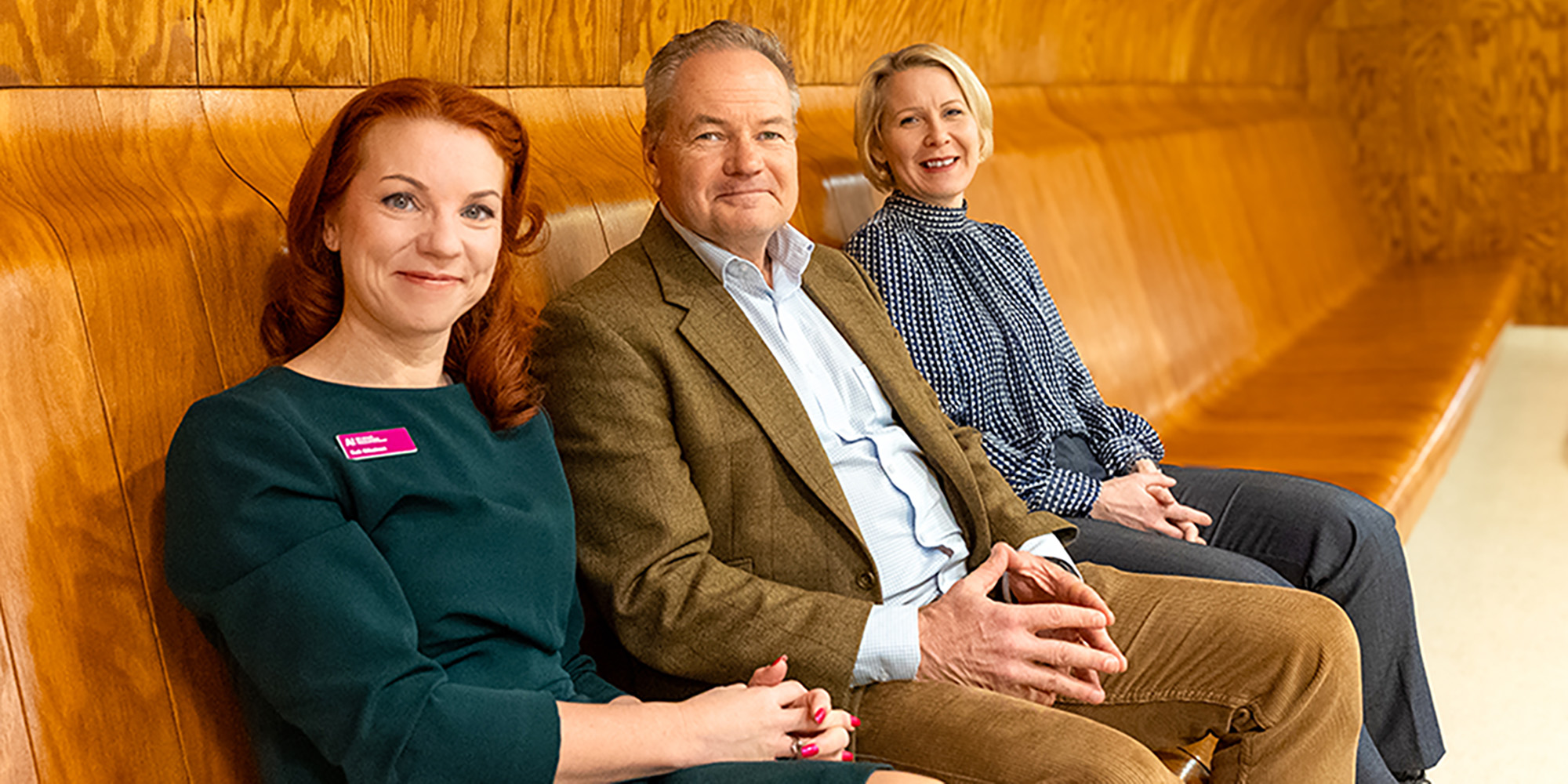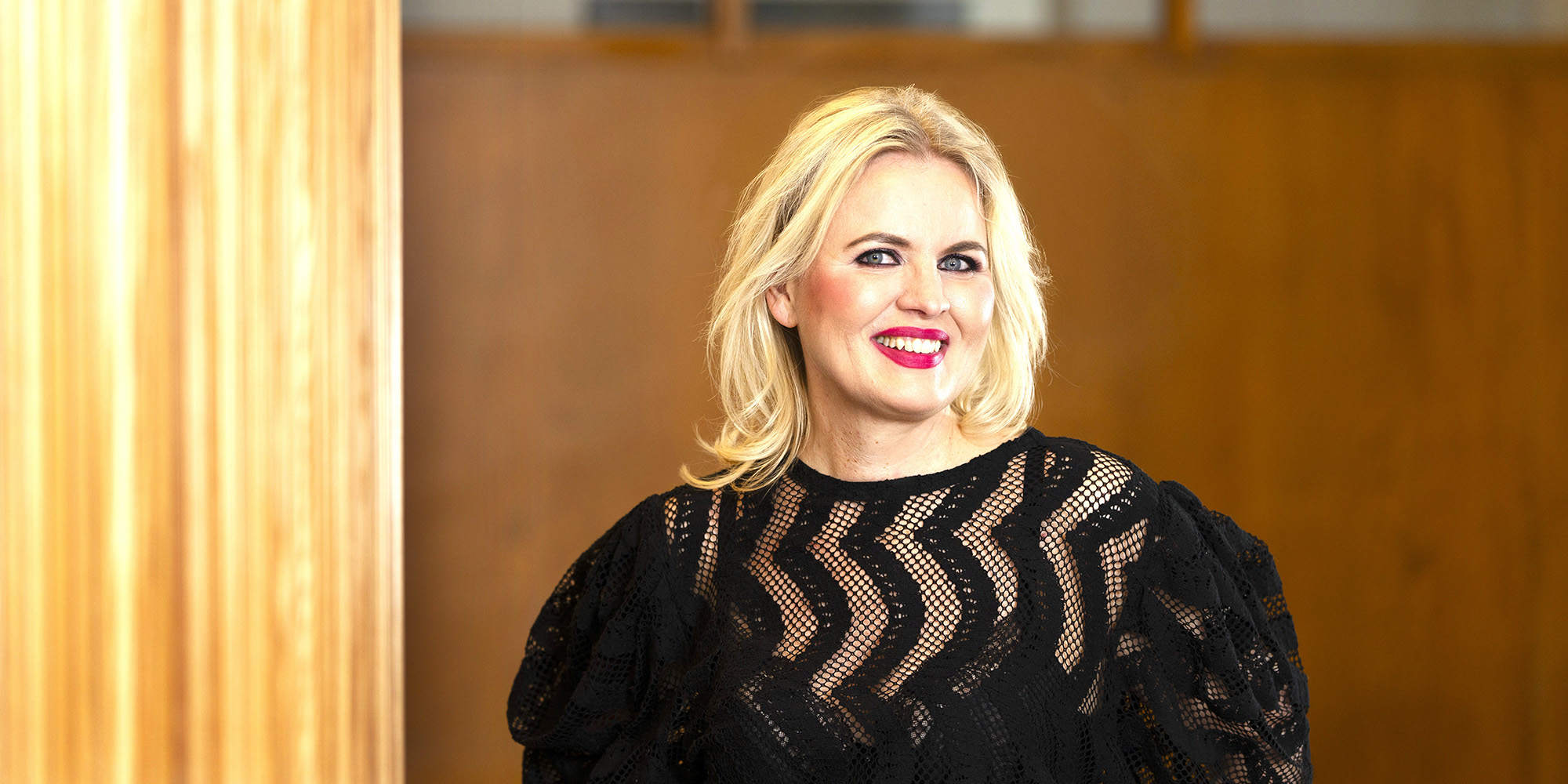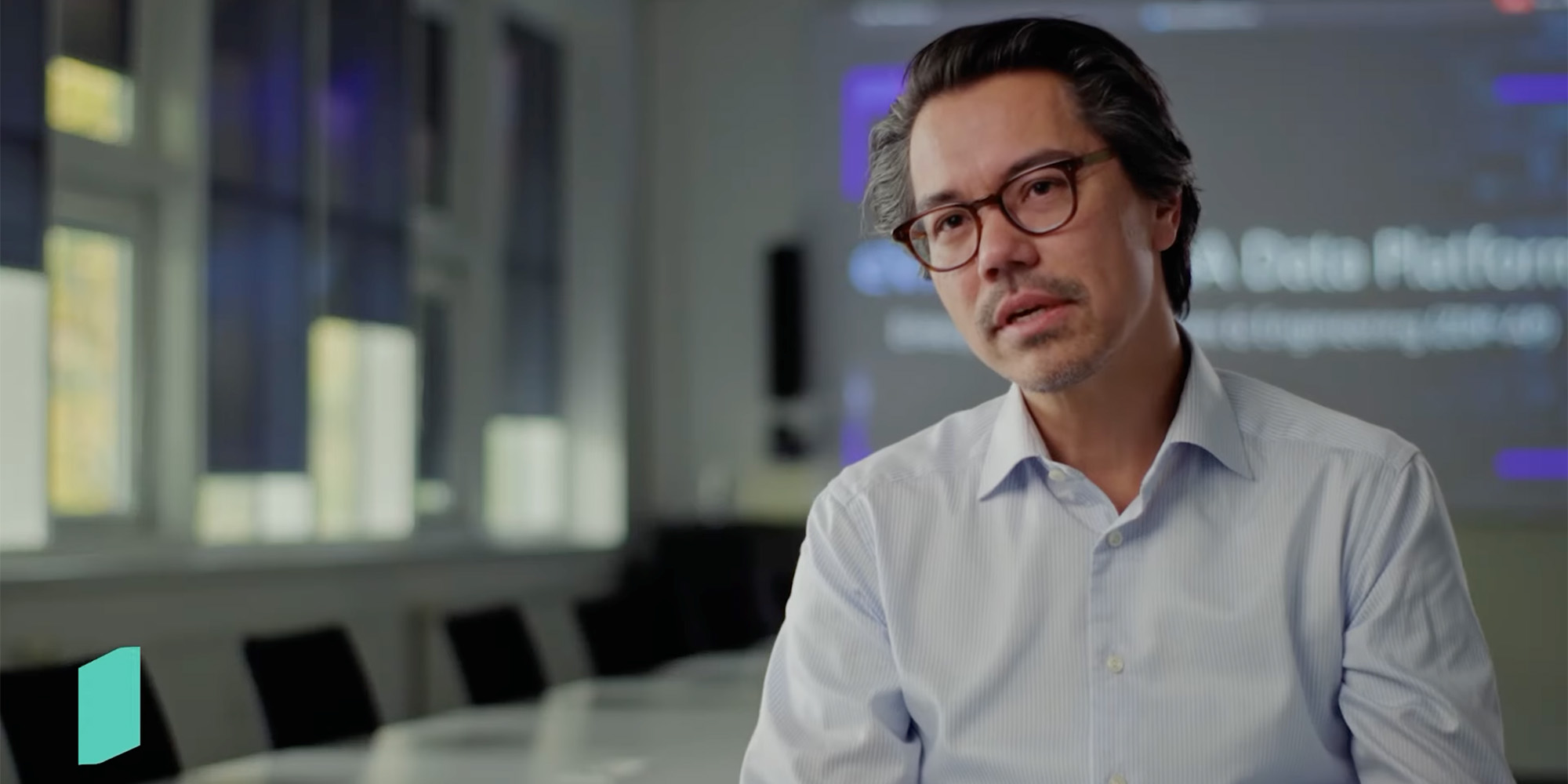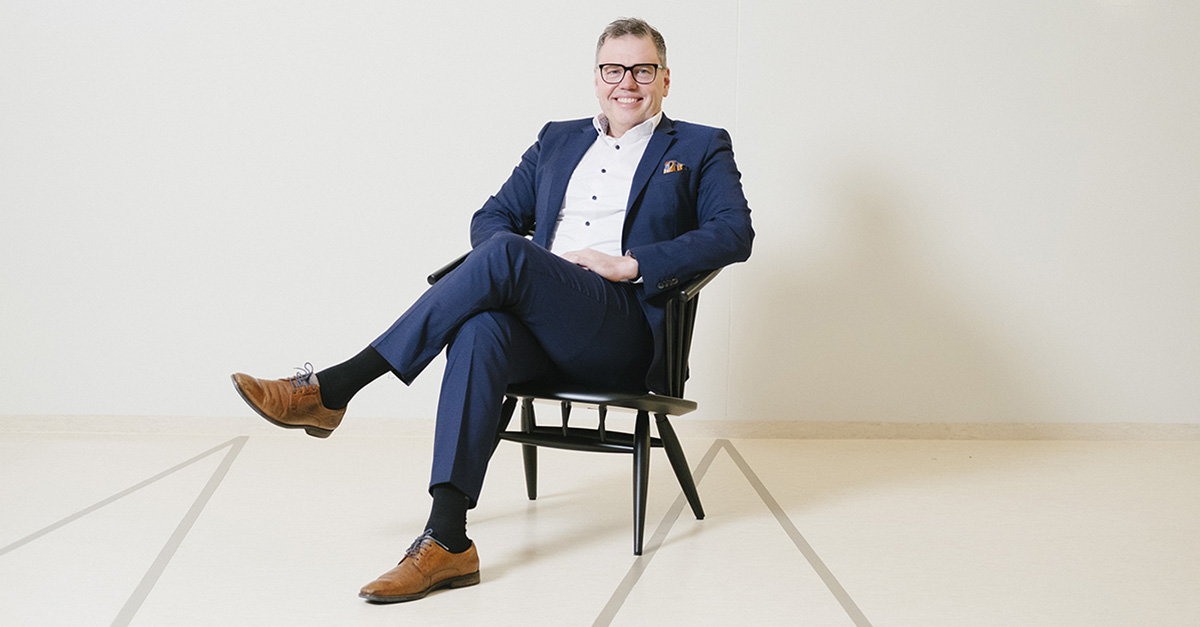The forces of change in the world are pushing companies and organizations to keep up with the developments. There is a huge demand for learning new things and developing skills. Companies play a crucial role in increasing human capital. Competence development is directly linked to Finland's competitiveness and growth drivers.
Aalto EE is known for its leadership training, but in the midst of technologies, regulation, and global competition, new kinds of needs for competence development have emerged in companies alongside leadership.
Aalto EE's vision is to redefine learning.
Laura Sivula, Director of Academic Affairs and International Business at Aalto EE, says that people are already learning a lot with the help of generative AI tools, for example. We are becoming better learners all the time.
"We may not even be aware of how much learning is happening. Alongside this, we need more formal ways and structures that support the recognition and methods of learning."
"Personally, I feel that we need more academic institutions to maintain the intellectual level. Generative AI is not a substitute for learning. It's an accelerator, not a thinker."
At the core of lifewide learning is the idea that people are constantly learning in different contexts.
Aalto University has launched the term lifewide learning, which describes the reality and future of learning.
Lifelong learning involves a linear perception of completing a degree and entering working life. At the core of lifewide learning is the idea that people are constantly learning in different contexts.
Learning can be informal, such as podcasts, webinars, and various articles, or it can be learning that takes place in peer groups, or it can equally be more structured and longer-term learning leading to a degree.
“We aim to be able to process all learning in a modular way so that it can be combined from smaller pieces to grow larger paths that lead to more extensive achievements recognized by Aalto University. We must make learning so easy, accessible, and meaningful that it is a natural part of the everyday life of companies."
|
|
| "If we want to build a society that remains stable in the midst of geopolitical turmoil, competence is the best security. It is also the best export product," Sivula says. |
There is increasing pressure for learning and renewal, but at the same time, the time spent on it or the resources for competence development in organizations vary. That is why flexibility is needed. The socially funded activities of an aging population may also be reduced.
"An increasing number of individuals finance their competence development themselves. That's why it's important that you can start small and improve your skills over time."
Learning should not be left to the individual. It must be a strategic choice for the entire organization if the organization wants to ensure competitiveness.
Competence development must not be left to the HR department either. Companies and organizations should incorporate learning into their business strategies and build a culture that supports learning. Sivula points out that the culture of competence development is directly linked to the ability to renew, attract talent, and grow business. It determines whether the company stays on the crest of the wave or falls behind.
"Learning is the infrastructure of today's growth. If a company does not invest in continuous continuing education and learning new things, there is a risk that it will fall behind in terms of technological development and productivity. In order to utilize technology in Finnish business, we need to understand what expertise it requires."
At the moment, Nordic leadership and Finnish values are in high demand, so we are really cool and popular.
The strengths of Finns are mutual trust, practical intelligence, and a high attitude from words to deeds. When this is combined with the use of technology and strategic learning, a recipe for a new kind of growth is created.
"We are considered to be the top country in education, but when you look at the number of university graduates, we are in the middle of the OECD countries. We don't have enough people in universities. On the other hand, those who want to learn and develop already have a university degree in the background."
Opportunities for further development must be available to them as well. Aalto EE's modular studies play a major role in this.
Sivula also cherishes the role of universities and education in society: it is important that Finland and Europe produce expertise at the national level instead of directly taking online courses from American universities, for example.
"When we produce learning content, its content is relevant in the Finnish and European context. It supports Finnish values. There has been a healthy transition from American-centrism. At the moment, Nordic leadership and Finnish values are in high demand, so we are really cool and popular."







